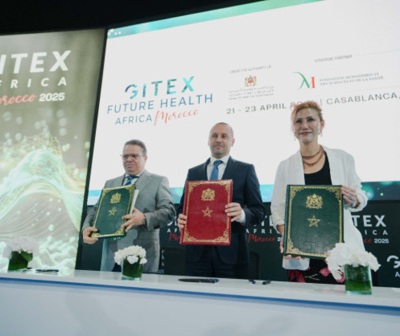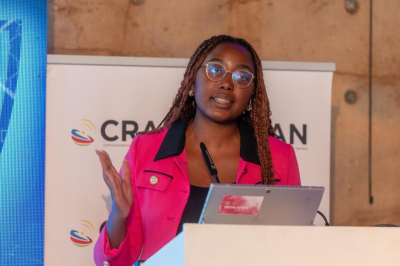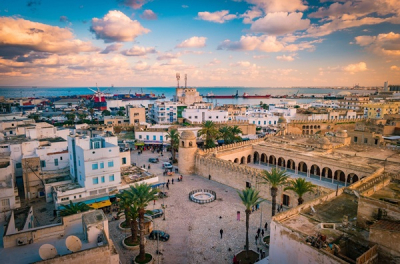Malawi has embarked since 2010 on the development of its financial ecosystem. Since then, the country has developed three strategies to achieve its goal, with the digital at the heart of the 2022-26 strategy.
The Malawian government reached a $14.2 million deal with the African Development Fund (ADF) -the concessional window of the African Development Bank (AfDB) Group- to make its digital payment system more efficient. The agreement was inked last February 10.
The project includes the extension of the Internet network, the digitization of more payment channels, the development of payment system interoperability, the introduction of digital payment solutions in various sectors such as agriculture. The ultimate goal is to improve financial inclusion in the country, especially for women, youth, and rural people. This will subsequently make business transactions more efficient, allowing small businesses to access new domestic and international markets.
The ADF’s investment aligns with Malawi’s Digitization, Financial Inclusion, and Competitiveness (DFIC) Support Project approved in December 2021 by the AfDB. Sosten Alfred Gwengwe, Malawi's Minister of Finance and Economic Affairs explained that “the DFIC project is aligned with the Malawi Digital Economy Strategy (2021-2026) and the Third National Strategy for Financial Inclusion (2022-2026); both contribute to achieving Malawi’s long-term objective of inclusive wealth creation supported by an inclusive financial system and digital economy.”
AfDB seeks, through the DFIC project, to help increase financial inclusion in Malawi from 58% in 2019 to 65% in 2025 (with 42% women and 37% rural populations); contribute to the improvement of the country's ranking in the Global Competitiveness Index (GCI) from 5.7% in 2019 to 7% in 2025.
The Bank also aims to contribute to increasing the export penetration rate (number of markets) from 79% (2018) to 100% (2025); increasing the volume of exports from 31% of GDP in 2019 to 35% in 2025, and improving the contribution of ICT to GDP from 5.7% in 2019 to 7% in 2025.
Adoni Conrad Quenum



















